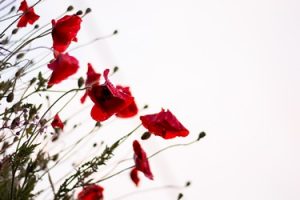 Edith Shiffert was widely-published poet when she moved to Kyoto in 1963. By the time she died on March 1, 2017, she was one of the most admired and beloved writers in that famous old city.
Edith Shiffert was widely-published poet when she moved to Kyoto in 1963. By the time she died on March 1, 2017, she was one of the most admired and beloved writers in that famous old city.
“Other English-language authors lived in Kyoto before her, but for the postwar generation and those who followed in their footsteps, Edith was a groundbreaking figure who represented the very best of Kyoto’s literary connections.” — Writers in Kyoto
“Edith Shiffert’s poetry possesses an all-pervasive sweetness of temper, a graciousness which comes from reverence for life and being, her being and all being. Behind her best poems is the echo of the Bodhisattva Vow, and at the same time the realization that all of the combinations called reality are fleeting by nature.” –Kenneth Rexroth’s remarks on The Light Comes Slowly (Katsura Press, 1997).
“She has experimented with many forms of poetry, and with using the Japanese haiku as a base for longer poems — although she is reluctant to use the term “haiku” to refer to them: she prefers the term “short verse.” A recurring theme in her poetry is oneness of the individual and nature. She has always wanted to write true to reality, actual experience, a place, a feeling.” — Jane Wieman in Simply Haiku
Shiffert was a skilled formalist, as elucidated in her obituary in the New York Times. Perhaps that is why the poems in her last collection followed the 5-7-5 syllable pattern when many contemporary haiku poets no longer follow that convention.
Here is a sample from The Light Comes Slowly:
Though seen for half my life
still I will look for Kyoto’s
fragrant plum blossoms.
In a mountain field
I wait for death. An ox eats
flowers, licks my face.
I feel my spirit
glowing in a dark forest
like the last red leaves.
All I can say is
I see and am satisfied.
Big mountain. Dark night.
*
Photo of poppies by Monica Galentino.
